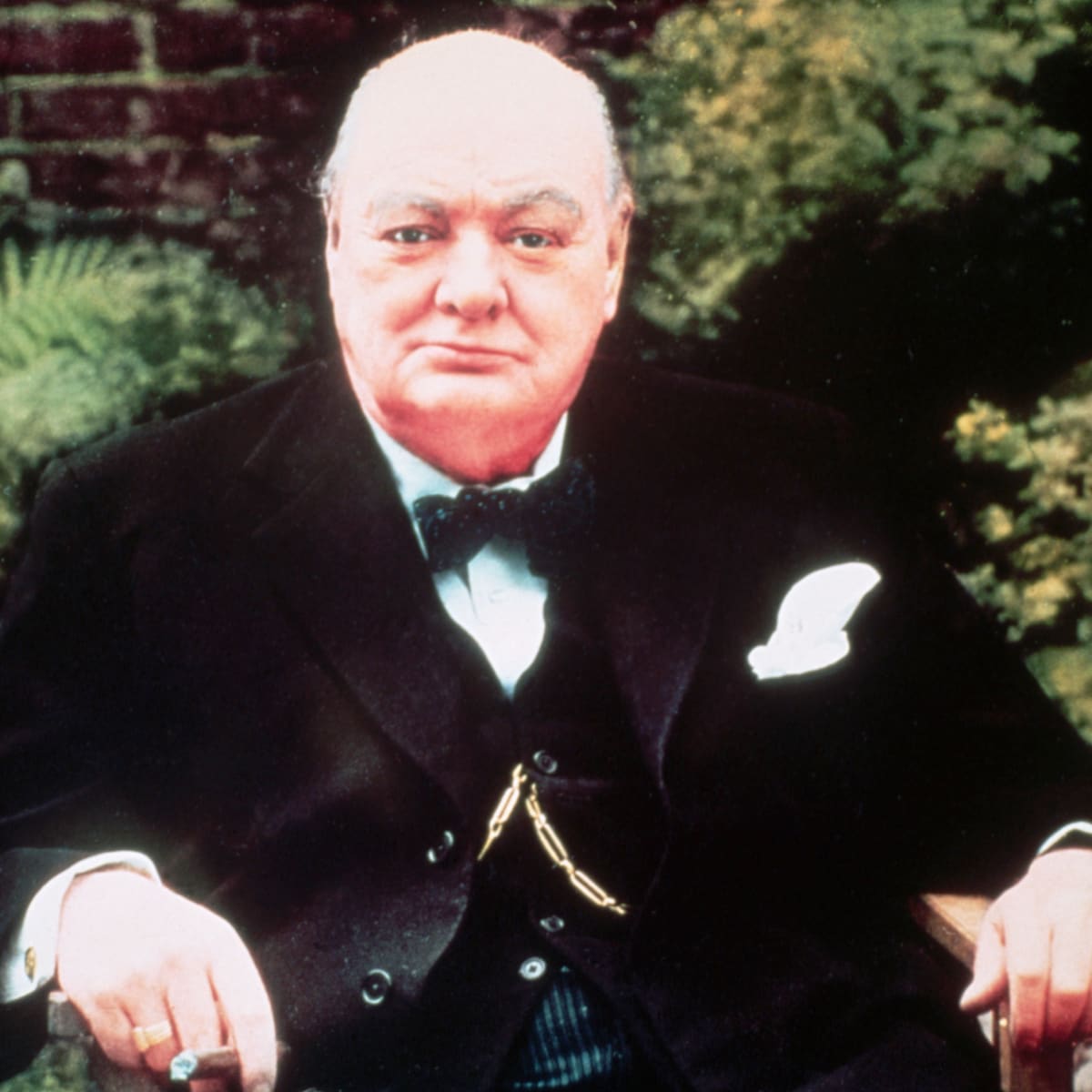
Editorial To Vima: A decrepit democracy
Winston Churchill once stated famously, without having been disproven to this day, that, 'Democracy is the worst form of government – except for all the others that have been tried.'
Spotlight
-

Έργο - μαμούθ 35 δισ. για το μεγαλύτερο αεροδρόμιο του κόσμου στο Ντουμπάι
-

Άνδρας πίνει 25 ποτήρια κρασί για κάθε χιλιόμετρο που τρέχει στο Μαραθώνιο του Λονδίνου
-

Zωή στον εξωπλανήτη «K2-18 b»; - Ανιχνεύθηκε αέριο που παράγουν μόνο ζωντανοί οργανισμοί
-

Ποια είναι η δυναμική της αγοράς ελαιολάδου – Οι αναλυτές χαρτογραφούν το τοπίο
Winston Churchill once stated famously, without having been disproven to this day, that, “Democracy is the worst form of government – except for all the others that have been tried.”
Yet, over the last decades and even now, in Greece and throughout the West, liberal democracy has literally been besieged by a host of crises, challenges, and powers that either oppose it or are trying to limit it.
The truth is that the post-war political construct that made liberal democracy attractive, an example for the entire world, and practically exportable, over time lost key elements and characteristics that rendered democracy unassailable and able to confront those who sought to undermine it.
Especially following the geopolitical shifts of the 1990s and the collapse of the Soviet Union and the Eastern Bloc, the great opposing force of liberal democracy vanished.
Moreover, the balances that preserved the post-war social contract and kept alive the dream of prosperity, for most if not for everyone, also disappeared.
In the US, the American dream was the predominant ideology of the masses and guided millions of citizens in the post-war decades.
In Western Europe, the strong nexus of arrangements of the social state produced societies with equal opportunity and enviable prosperity.
From the 1990’s on, as the principles and values of economic competition prevailed over all else, things changed.
Relations between the social partners became imbalanced and inequalities widened.
Institutional counterweights were gradually limited. The middle class, if it did not shrink certainly suffered losses in income, and the lower income brackets plunged to the bottom of the social pyramid, with segments of it confronting the spectre of poverty and social marginalisation.
Over time, and with the huge global financial crisis of 2008, which in Europe evolved into a debt crisis that was confronted with harsh economic austerity measures, economic and social conditions for large swathes of societies became even worse.
The younger generations were hit especially hard.
The generation gap appears almost unprecedented and is reminiscent of periods of great tensions and dynamic social clashes.
Most of the youth in Europe, and in the West more generally, have low expectations for their future.
They are convinced that they will have a lower standard of living than their parents.
They believe that political parties and leaders of the establishment do not represent them, and so they are gradually been lured by irrational forces that dispute almost everything.
With this problematic backdrop, we have witnessed the growth of populist, nationalist, and conspiracy theory-oriented forces that create conditions for the erosion of liberal democracy nearly everywhere in the world.
In this environment, certain people reach the point of seeking “caring daddies” as leaders or, even worse, justify and tolerate even authoritarian regimes.
Meanwhile, the pandemic piled on additional burdens, and more recently the Russo-Ukrainian war, with the accompanying energy crisis and galloping inflation, has literally disoriented Western societies
Traditional parties have shrunk and even the most ambitious leaderships have become worn out.
Right now, in most European countries weak leaderships are confronting crises that have disorganised their states.
The US is deeply divided, with President Biden being intensely disputed.
One sees many authoritarian leaders globally.
In the past, Pascal Bruckner had written about “Democratic Melancholy”.
Today, we can speak of a “decrepit democracy”.
Greece’s post-regime change democracy [following the fall of the seven-year military junta], which this year marks its 48th anniversary, appears durable, but there are plenty of corrosive forces in our country.
Here, as in the rest of the world, one will need a new concept, a new conception of the social contract that is capable of reviving the dream and of renewing and upgrading democracy.
Ακολουθήστε το in.gr στο Google News και μάθετε πρώτοι όλες τις ειδήσεις











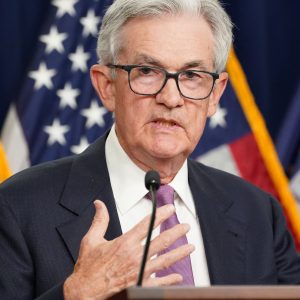


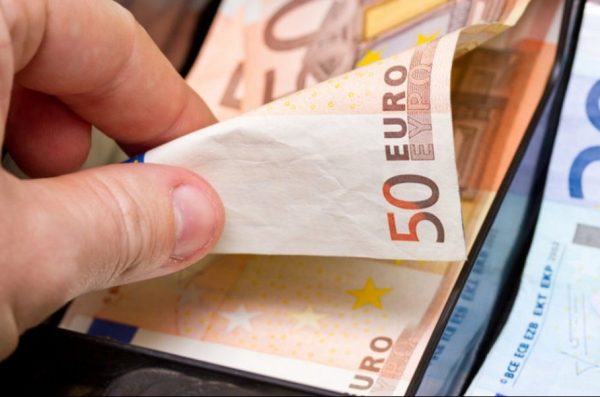



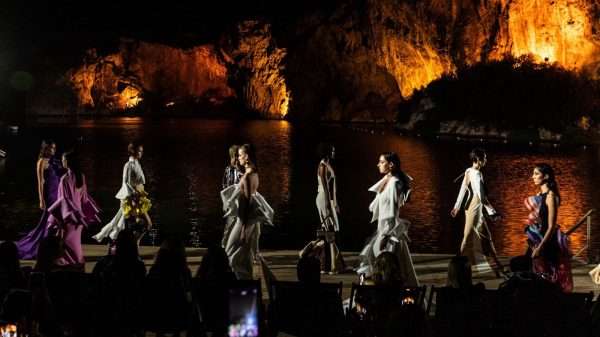






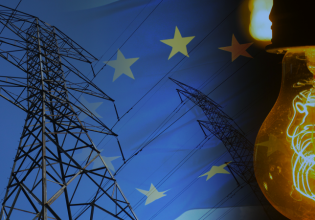
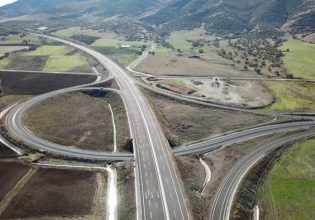





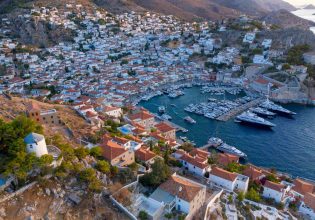

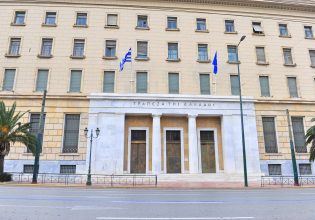










 Αριθμός Πιστοποίησης Μ.Η.Τ.232442
Αριθμός Πιστοποίησης Μ.Η.Τ.232442